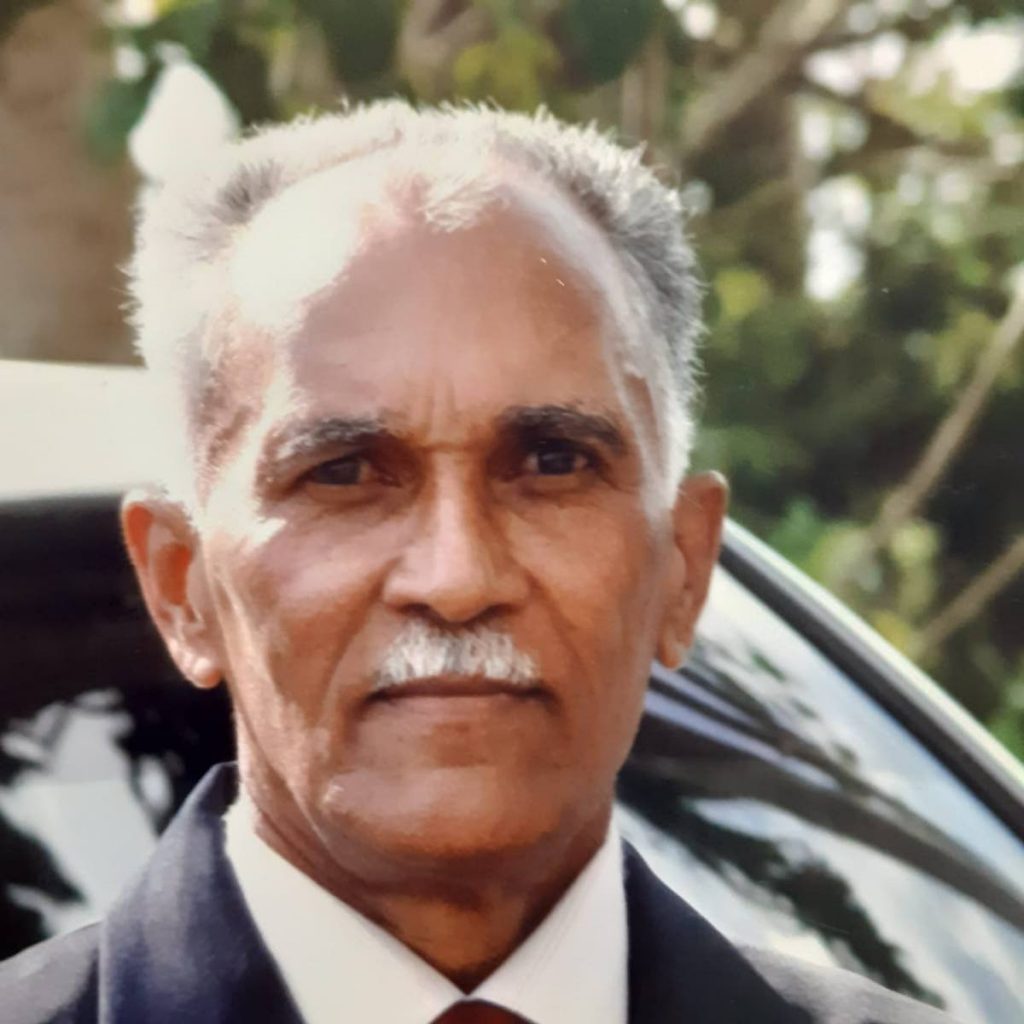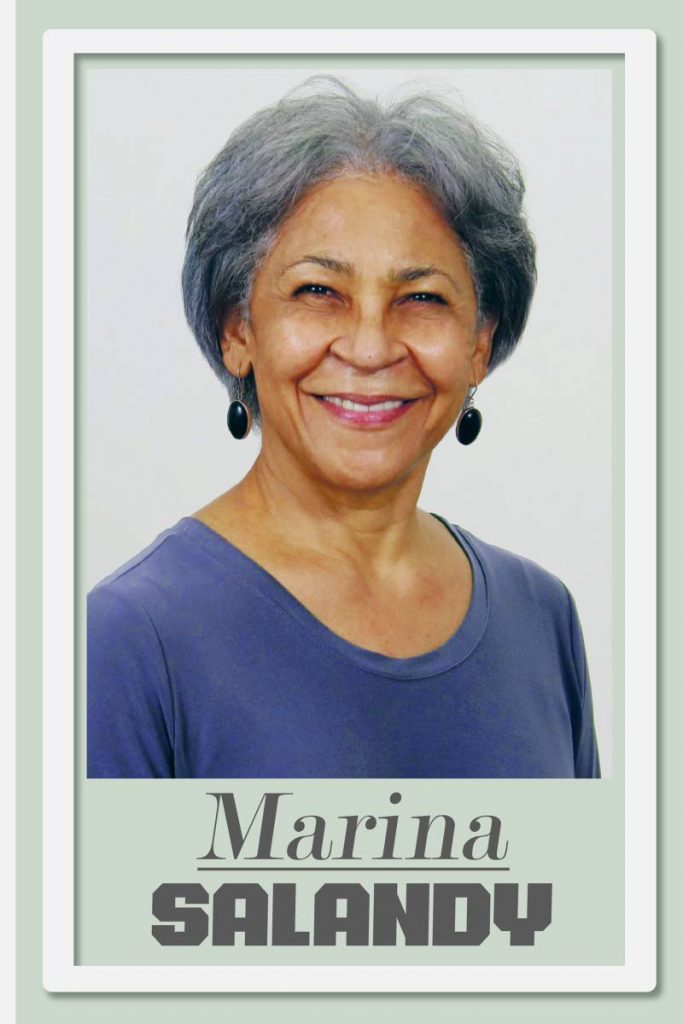The cycle of life

Two weeks ago this column was dedicated to my mother achieving 100 years of life. Today, it deals with the death of my much loved, slightly-older-than-me brother, Lennox, a week later.
He was literally as strong as an ox, and so fit that his resting pulse rate was 57.
I could imagine years of us getting old together and having time perhaps to travel together, which we both wanted to do, of me being able to spend more time with his offspring and their offspring, and with mine too.
He loved his five children to a fault, working hard to ensure they had a good start in life and to leave them all financially secure, sometimes he was too tough and uncompromising in his pursuit of their happiness. It caused cleavages, but he came eventually to realise that they had to do things their way, even if it did not fit with his own ideas.
Certainly, my nieces and nephews could never doubt his best intentions with regard to them. He was resolute once a decision was made and never more so than in the field of cocoa farming.
We come from a long paternal line of estate owners and cocoa farmers going back to the early 1800s in Trinidad, after five members of the French-speaking Salandy family arrived here from Grenada, fleeing the fall out of Fedon’s Rebellion (1795-96) against British rule, in which our ancestor Jean Elie Salande had participated and been guillotined.
Cocoa farming was in my brother’s DNA. In fact, anything he decided to grow would thrive, but he leveraged his cocoa expertise and became one of the best cocoa farmers in the country, his beans among the choicest produced and presented for international judging. His estate in Tamana was where the UWI took visiting foreign agricultural experts to display good farming techniques. He put down half the acreage to cocoa trees, nestling them between citrus and breadfruit, known as intercropping.
He then applied this same principle of mixed cultivation to the rest of the acreage in what is called agroforestry. He won two awards for this intercropping of forest trees – mahogany and cedar, for example – with food crops such as bananas.
Lennox was proud of his achievements because he and his family worked against extreme odds. Before oil was king (1973 onwards), cocoa was king, and agriculture was a significant source of our national income. In Essays on the Theory of Plantation Economy: A Historical and Institutional Approach to Caribbean Economic Development (with Lloyd Best), Kari Levitt reminds us that during the short-lived federation, TT was to be the exporter of agricultural produce, Guyana’s vast land mass would produce forest and mineral wealth, and Jamaica’s aluminium would be the other regional revenue generator.

None of that materialised, of course. It is interesting that Barbados was not an economic centre, nor was tourism perceived as the major economic driver it later became.
During the last 50 years, agriculture has fallen so far down our agenda that my brother was never able to hire enough workers, turning it into a family estate, in the true sense of the word. He complained unceasingly about the misguided agricultural policies of successive governments, he advocated an increase in the government’s fixed cocoa price and for a workable labour policy. He eventually, although only in the last few years, gave up the intense work.
Fortunately, his seed did not fall too far from the tree, and two of my nephews now manage the estate. Little has changed, except there is no fixed price of $12 per kilo of dry cocoa any longer; cocoa now fetches a market price of $9 a kilo and is mainly sold wet, allowing the growing number of chocolatiers to ferment the beans themselves and to use different methods of drying to diversify the flavour.
It takes about a fortnight to dry cocoa beans and at the estate, the old cocoa house, with its retractable roof, was once where during visits we danced the cocoa with our bare feet to shine them, simulating past times when it would have been accompanied by music and revelry.
My brother should never have died so early. In 2019, a routine prostate cancer test showed a not extraordinarily high PSA reading, and not life-threatening if well handled.
However, he was the victim of gross mismanagement of this radiation therapy at a public health facility in Port of Spain, which fused his lower intestines so thoroughly that five surgical interventions at a private institution were needed to regain some function. At Mt Hope, the CT scanner had been constantly out of order and the doctors repeatedly failed to diagnose his problem accurately.
By the time he resorted to private practice, he was a “dead man walking.” He suffered terrible pain for nearly two years and eventually died from malfunction and infection. Never having extra pounds on his graceful frame, he wasted away, the strength eventually ebbing from his body.
He embraced death as a release.
RIP, Lennox.

Comments
"The cycle of life"